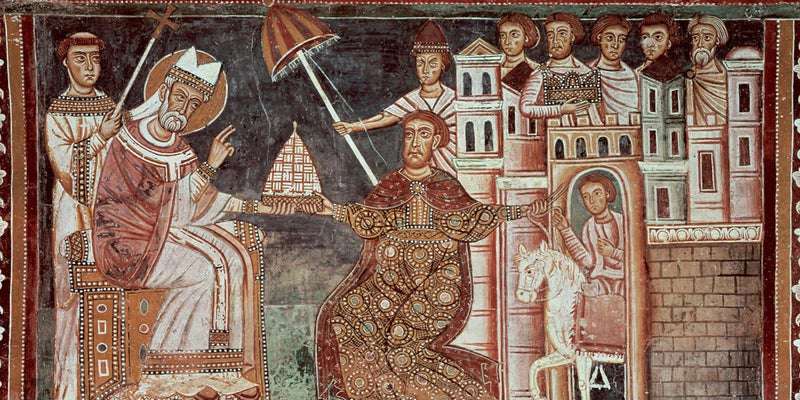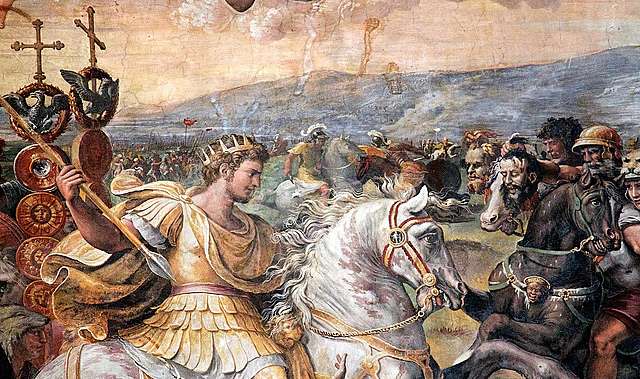Christianity, which started as a small sect in the Roman Empire, became the religion that the emperor converted to in the early fourth century. Its spread was greatly aided by the empire’s political unification and extensive road system, as well as the belief among many Christians that the religion was something anyone could adopt, regardless of regional or religious background. In this article, we will explore the five ways Christianity spread through ancient Rome.

Everyday Citizens Spread The Word
Missionaries like Paul traveled around the empire with the intention to spread Christianity. However, most of the people who helped spread the religion did so just by talking about it with their neighbors, friends, and family members. Regular Christians talking to regular people played a crucial role in the spread of Christianity in the Roman world.

Early On, Christianity Coexisted With ‘Paganism’
At the Roman Empire’s height in the second century, it stretched into Europe, North Africa, and the Middle East. One key reason Christianity was able to spread throughout this vast empire was that many people viewed the new religion as something they could easily adopt without having to change their existing cultural and religious practices. In the first and second centuries, most people in the Roman Empire worshiped multiple gods at once. When they heard about Christianity, they didn’t necessarily think that worshiping Jesus Christ meant they had to stop worshiping their other gods, like Jupiter, Apollo, and Venus.

Early Christians Didn’t Present Themselves As An Exclusive Club
Christianity got a boost from the idea that it was a religion for anyone, not just people in a certain region with a specific religious background. Missionaries like Paul preached that a person didn’t have to obey Jewish laws around circumcision and kosher food practices to become Christians. In addition, the translation of Christian gospels from their original Aramaic to Greek made them accessible to more people in the empire. Unlike Aramaic, a regional language spoken in Judea, Greek was spoken throughout the Roman Empire.

Early Persecution Wasn’t Widespread
During the first and second centuries, persecution of Christians in the Roman Empire was sporadic and regionally-specific rather than empire-wide. The persecution of Christian martyrs like Ignatius of Antioch, who died in the second century, did not represent the experiences of most Christians. This didn’t change until the middle of the third century when the emperors Decius and Valerian launched campaigns to promote traditional Roman values and customs like sacrificing animals to pagan gods.

An Emperor Converted – And Officially Recognized The Faith
The Great Persecution was the Roman Empire’s most severe persecution of Christians and also its last. This is because after this persecution, in 312, Emperor Constantine I became the first Roman emperor to convert to Christianity. A year later, he helped enact the Edict of Milan, which ended government persecution of Christians and made Christianity a recognized, legal religion within the empire. Constantine’s rule didn’t mark an immediate shift in the Roman Empire from pagan to Christian. However, he started a process that, by the end of the fourth century, would lead to the explicit restriction of pagan practices and the explicit promotion of Christian practices by the imperial government.
In conclusion, the spread of Christianity in ancient Rome was a complex process that involved various factors. The willingness of everyday citizens to spread the word, the compatibility of Christianity with existing pagan beliefs, and the idea that Christianity was a religion for anyone were some of the key factors that contributed to its spread. The conversion of Emperor Constantine I and the Edict of Milan marked a significant turning point in the religion’s history and paved the way for Christianity to become the dominant religion in the city of Rome and the European regions over which the Roman Empire had ruled.


